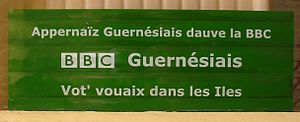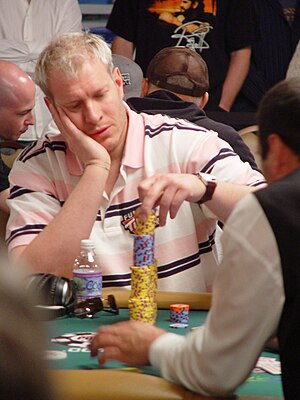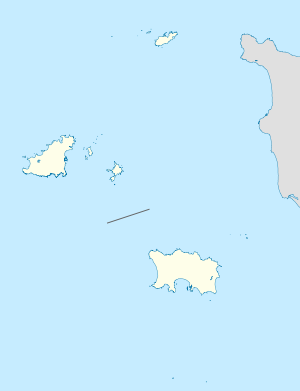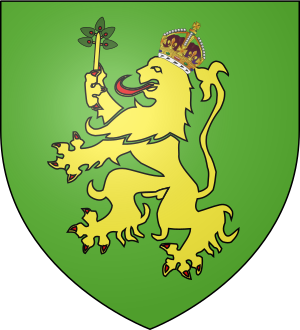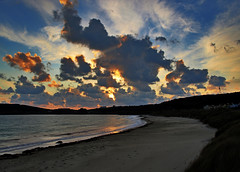It’s actually quite sad.
Ask most people in the Channel Islands who, or what ‘Aurigny‘ is, and they will tell you it is an airline.
And if they happen to live on, or have regular connections with, Alderney, mentioning the name ‘Aurigny’ will often provoke a heated discussion about the state of the lifeline inter-island and UK air services, which appear to have been let wither on the vine, while the Guernsey-government-owned company expands jet services between St Peter Port and London.
There’s a feeling in Alderney that the needs of Guernsey finance moguls for connections to the City) are always taking precedence over the basic needs of ordinary Alderney citizens including the company’s recent experimenting with services to City Airport.
But ‘Aurigny’ is not an airline. The airline’s name is actually ‘Aurigny Air Services’.
‘Aurigny’ is our island’s name, in the original language of its inhabitants (which was called ‘Aurignaise’ ).
‘Aurigny’ and ‘Alderney’ are just two words for the same thing. (“Riduna” is the same thing, in Latin).
Aurigny Air Services was named after the Island when it was founded in the 1960s, because originally it provided inter-island and UK service to and from Alderney, for the benefit of the people of Alderney.
It later merged with Guernsey Airlines, then subsequently moved its HQ to Guernsey, following “nationalisation” — takeover in the early part of the century by the Guernsey Government.
The rise of corporate branding, and the decline of Island French in the day-to-day lives of the Bailiwick’s inhabitants mean that a lot of people don’t even seem to know that ‘Aurigny’ means ‘Alderney’ For example: a couple of years ago someone sent a letter to me addressed, from France, addressed in French to : ‘M. ROBERTS Nigel, Boîte Postale 65, Aurigny, GY9 3JZ’, Isles Anglo-Normandes.
It was severely delayed.
But not because it was addressed in French. After all, French is the official language of the international postal service).
But because someone in the sorting office thought it should be delivered to the offices of the airline, and not to the P O Box it was addressed to. Referring to the airline company as ‘Aurigny’ is a bit like referring to ‘BA’ simply as ‘British’.
Aurigny (Air Services) does seem to have lost its way where Alderney is concerned.
The current CEO in Guernsey, Mark Darby, is a good guy, who seems genuinely to want the best for all his customers, including Alderney.
But Mr Darby has a major uphill struggle: not only against aging tech (that is, our beloved Trislanders who, despite the affection we all hold for them should have been replaced by Dorniers or similar 15 years ago) but also a studied indifference from the average man on the Forêt omnibus
to the well-being of our Island, which some in Guernsey have liked to refer to in the past as the ‘Cinderella of the Islands’. (In the spirit of inter-island amity I shan’t repeat the well known rejoinder of Alderney’s first elected President, Toby Herivel here).
It’s time we followed the example of other minorities. We should reclaim our name. Whenever the Guernsey press refer simply to ‘Aurigny’ we should correct them: it’s ‘Aurigny Air Services’
Even more, given the shocking state of the current service provided to Alderney by the Guernsey government airline, we should now demand it remove our name from its brand.
Tell the truth.
It’s no longer ‘Alderney Air Services’ and hasn’t been for over a decade It’s become Guernsey’s air service..
It’s about time the company’s Board and the Chief Minister owned up to this, and re-branded it.
Why not name it .. oh let me think . . ‘Air Guernesey’ ?
